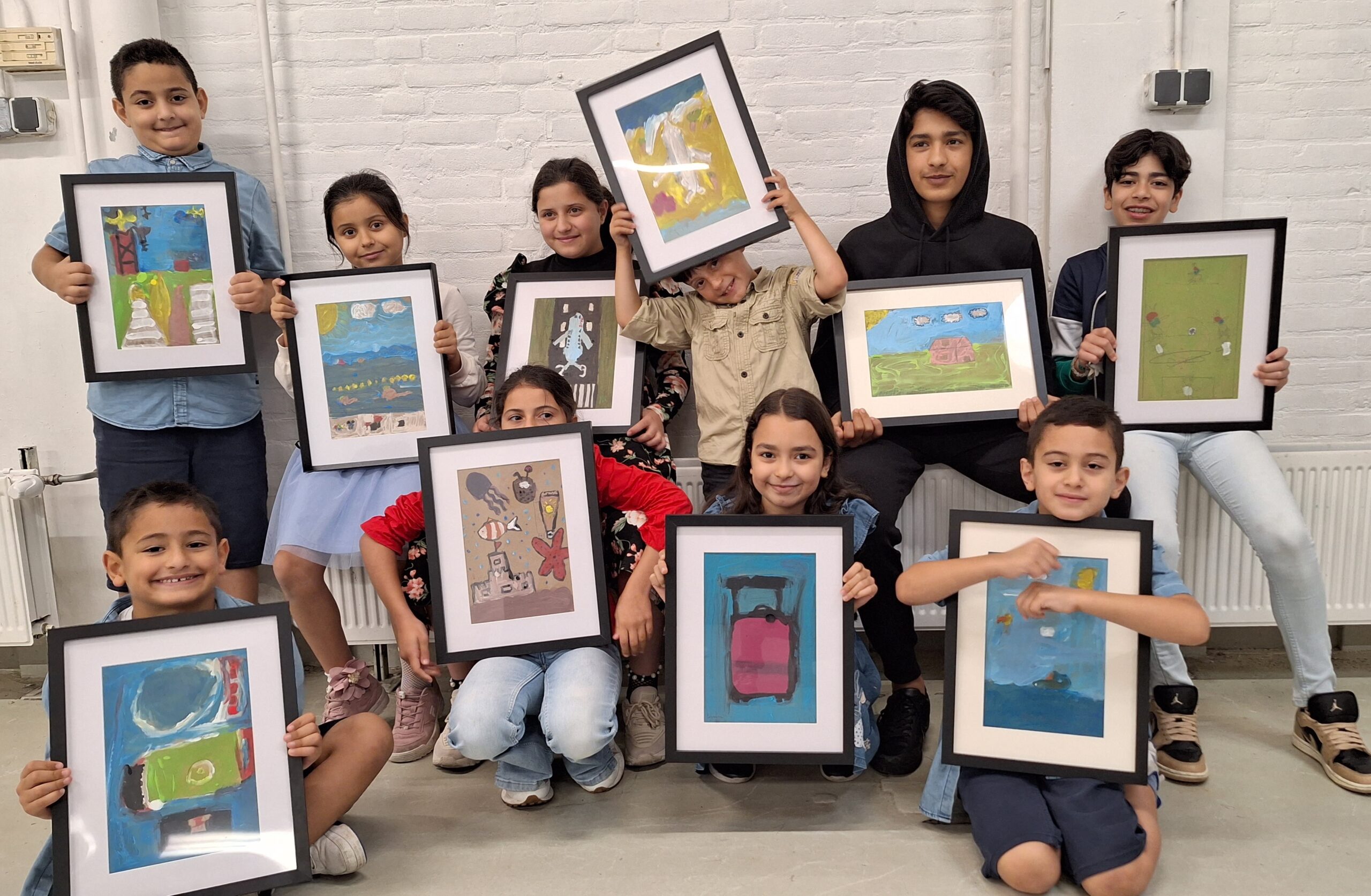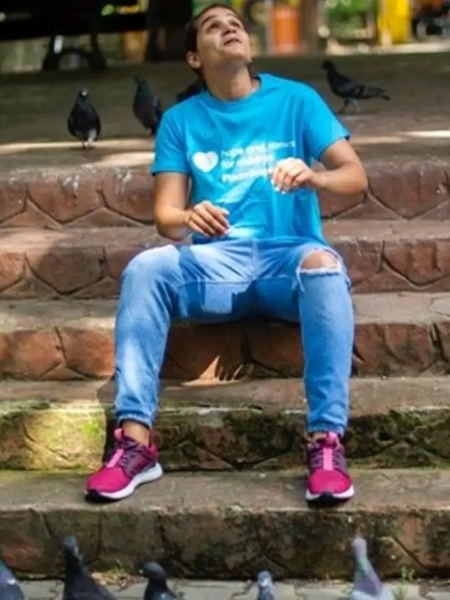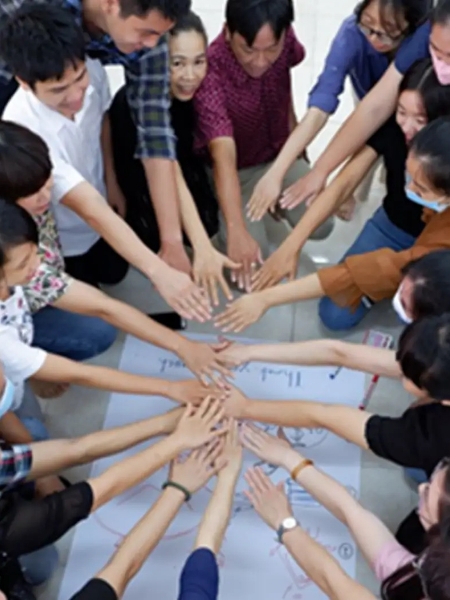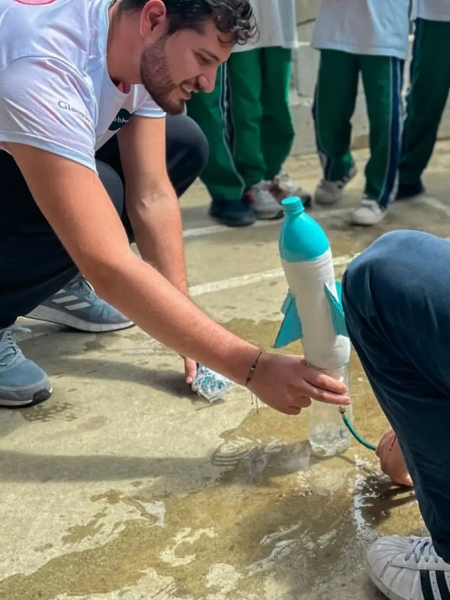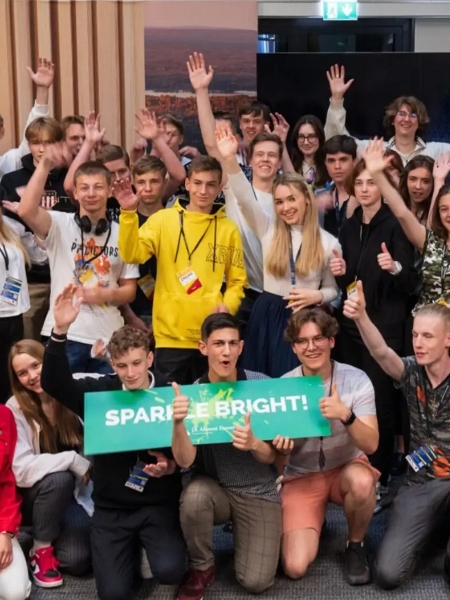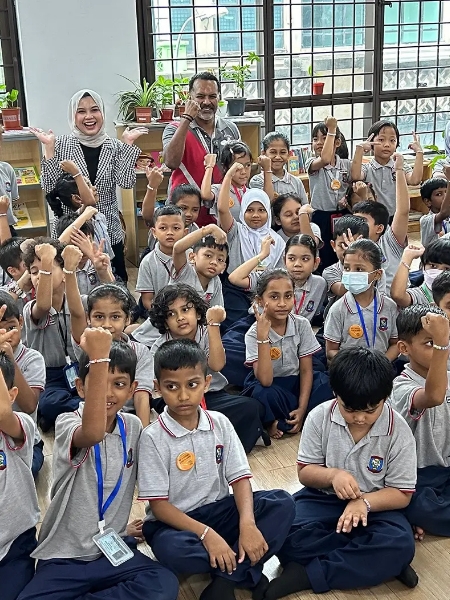Stichting Mano
Think Human Fund
Mission & History
Stichting Mano, originally founded as Stichting Hoedje van Papier by Liesbeth Kerstens and Patrick van de Westelaken in Rotterdam in 2005, evolved from the earlier project Pasa La Voz initiated by Liesbeth after her volunteer work in Cuzco. The foundation’s mission is to support children and families experiencing hardships in Rotterdam. Initially, the focus was on providing creative multimedia workshops to enhance self-confidence and critical thinking skills among children.
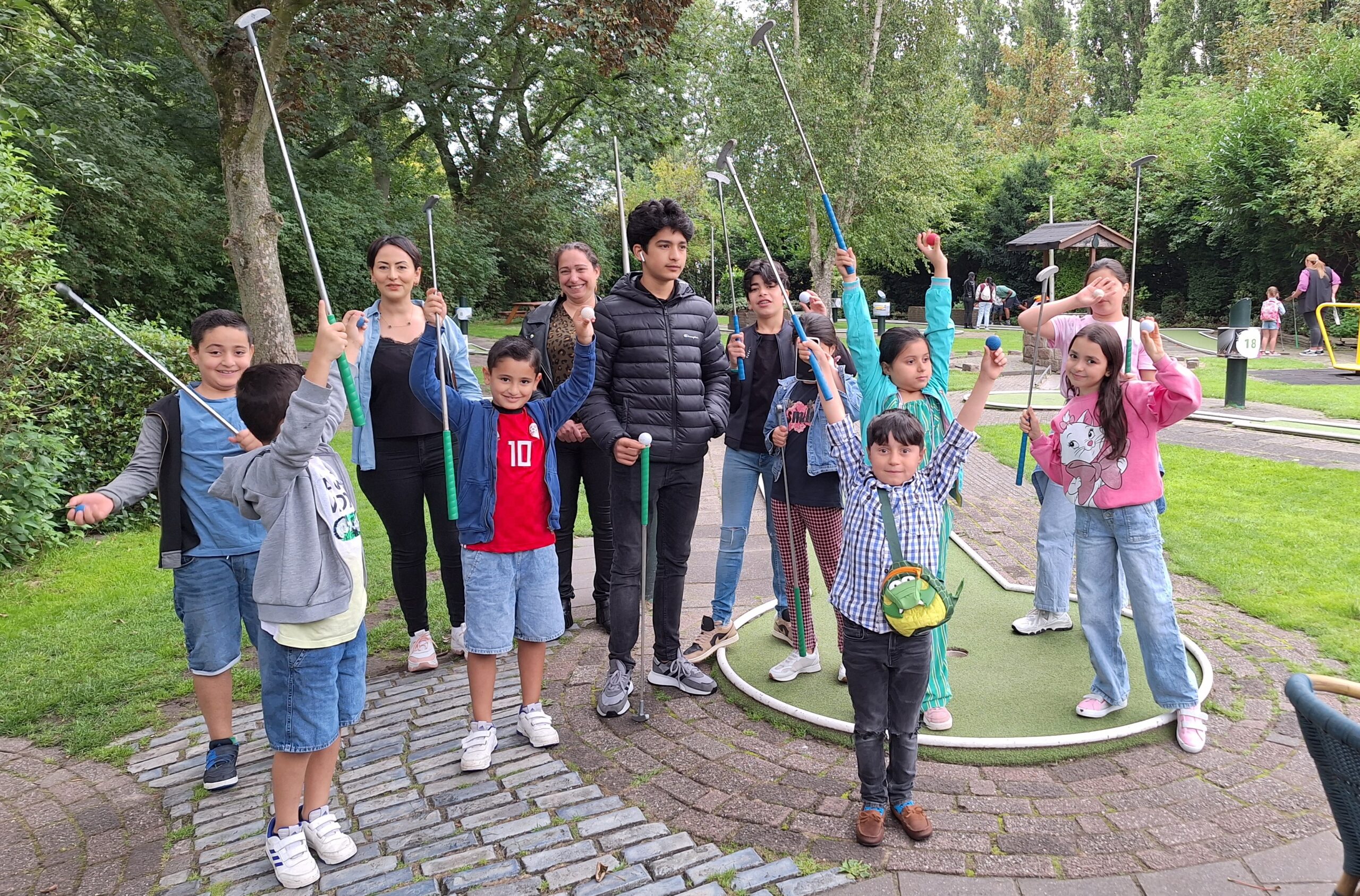
Country Information
Rotterdam is the Netherlands’ second-largest city, known for its significant poverty rates and diverse refugee population. The city faces challenges related to educational disadvantages, particularly among children whose parents may struggle with language barriers or are preoccupied with other issues. Approximately 15.3% of households in Rotterdam live in poverty, the highest rate in the Netherlands, with nearly one in four children affected.
The Need
In Rotterdam, many children in vulnerable families face educational disadvantages due to poverty and language barriers. The Growing Up Together initiative seeks to address these issues by enhancing self-reliance, engagement, and overall development among children. The project aims to provide safe, healthy, and promising opportunities for children from impoverished backgrounds, fostering their growth into independent and contributing adults.
The Project We Fund
Under the banner SamenOpgroeien 2024, the project offers various programs targeting vulnerable children in Rotterdam, including:
– SamenDoorSamen: Focuses on status holders (refugees granted legal status).
– SamenGroeien: Aims at long-term migrants.
– Samen Sterk: Provides support for Ukrainian refugees.
These programs are designed to support cognitive and social-emotional development and address educational gaps. The initiative engages families through schools, welfare organizations, and community leaders, aiming to tackle multiple challenges such as poverty, unemployment, and health issues.
The Result
To measure impact, the project employs a competency matrix to track children’s progress and adjust guidance based on individual needs. Regular evaluations with children, parents, and volunteers ensure activities are meeting goals and allow for necessary adjustments. Data on participant status, focus areas, and progress are recorded in a database, enabling comprehensive tracking and adherence to GDPR standards. This approach ensures transparent records and effective measurement of the project’s impact.

